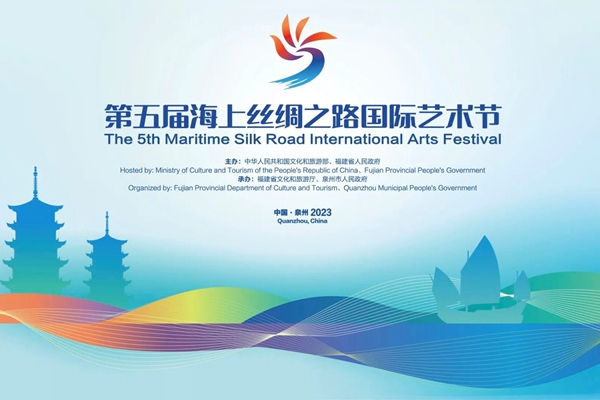Adisseo to start building Quanzhou plant in H1
 Hao Zhigang, board chairman and CEO of the Shanghai-listed company. [Photo provided to chinadaily.com.cn]
Hao Zhigang, board chairman and CEO of the Shanghai-listed company. [Photo provided to chinadaily.com.cn]
Adisseo Group, a French animal nutrition provider and subsidiary of China's State-owned Sinochem Holdings Corp Ltd, will begin construction of a powder methionine plant in Quanzhou, East China's Fujian province, in the first half, its top executive said.
The company will invest 4.9 billion yuan ($681.2 million) in the venture.
Methionine is an essential amino acid found in meat, fish and dairy products. Amino acids are the building blocks used to make proteins.
The plant will have an annual production capacity of 150,000 metric tons, with the factory — located at the Sinochem Quanhui Petrochemical Park in Quanzhou — expected to officially begin operations in 2027.
The project will benefit from strong supply chain synergies, and will save on capital and operating costs, further consolidating the sustainable development of the integrated upstream and downstream value chain, said Hao Zhigang, board chairman and CEO of the Shanghai-listed company.
Adisseo is one of the few global manufacturers capable of producing both liquid and solid methionine simultaneously. Methionine plays a significant role in improving animal feed efficiency.
Adisseo has already built a manufacturing base in Nanjing, East China's Jiangsu province, to produce up to 350,000 tons of liquid methionine a year for both Chinese and global markets. About half of its production in 2023 was exported.
In addition to being the world's largest producer of animal feed, China is one of the largest markets for meat across the globe.
The country consumes the most pork, poultry and mutton, and its consumption of beef and veal is second only to the United States, according to a report released by the Beijing-based Chinese Academy of Agricultural Sciences last year.
Hao said various macro factors that currently contribute to the continuous growth of the global methionine market remain largely unchanged, including population growth, a continuous decrease in per capita arable land and an increasing awareness of environmental sustainability.
"This is particularly true for the Chinese and Asia-Pacific methionine markets. As a result, low-cost competition, economies of scale, and diversified asset allocation strategies have become essential prerequisites for companies aiming to achieve success," he said.
China's market demand for low-fat products such as chicken and seafood is expected to continue growing in the years ahead.
Eyeing rapid urbanization and rising disposable incomes in China, Adisseo will put a specialty feed additive factory into operation in Nanjing early next year, investing 370 million yuan.
Benefiting from the tangible growth of the Belt and Road Initiative and the Regional Comprehensive Economic Partnership, a pivotal institutional framework for regional economic integration in the Asia-Pacific region, Adisseo also exports its products manufactured in China to various countries. These include Thailand, Malaysia, Saudi Arabia, Egypt, South Africa, Brazil and Argentina.
As this year marks the 60th anniversary of the establishment of diplomatic ties between China and France, Hao said their mutually beneficial collaboration will continue to create business opportunities on both sides.
Adisseo was acquired by China National Bluestar (Group) Co Ltd, a subsidiary of Sinochem Holdings Corp Ltd, in 2006. It was the largest acquisition of a French company by a Chinese enterprise at the time.
With more than 2,650 employees, Adisseo provides products and services to over 4,200 customers in over 110 countries and regions through its global distribution network.
The company is expecting double-digit revenue growth in China in 2023, led by its accelerated liquid methionine penetration in the Chinese market.
Fan Shenggen, a professor at the Academy of Global Food Economics and Policy of China Agricultural University, said that the nation's expanding middle-income population, coupled with its rising urbanization rate and other contributing factors, instill optimism among multinational corporations due to prospects of increased food consumption in the country.

 5th Maritime Silk Road International Arts Festival
5th Maritime Silk Road International Arts Festival 